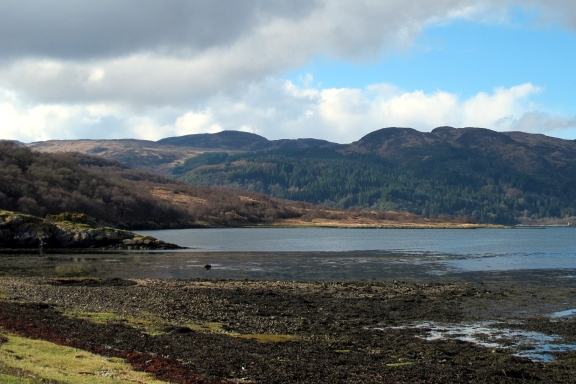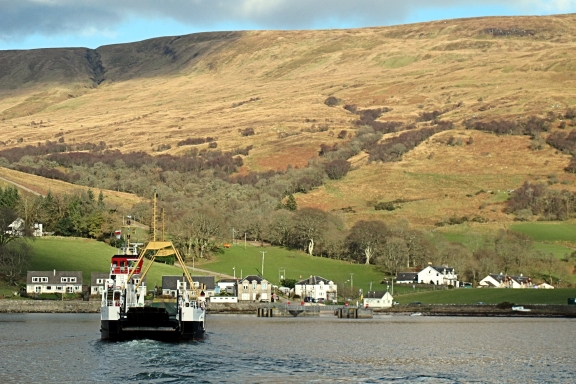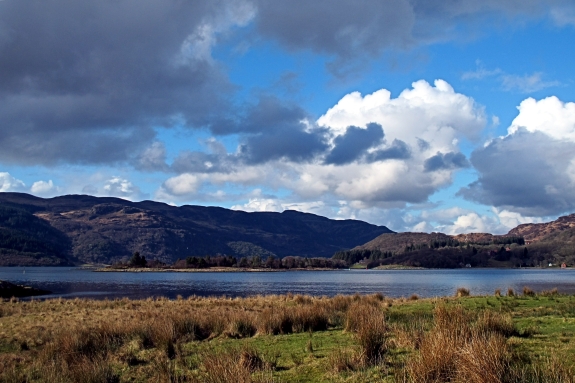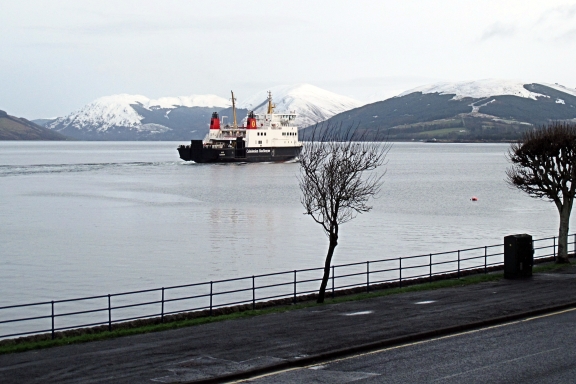Trying to come up with something good to say about today, I note with some excitement the launch of Unsung Stories’s new Kickstarter project, set up with the aim of helping the launch of their first ever anthology. 2084 is a celebration – if that’s the right word – of George Orwell’s great novel 1984, in which we see eleven science fiction writers grappling with his themes and coming up with new interpretations and meditations on what Orwell was writing about back in 1948.
As George Sandison suggests in his introduction to the Kickstarter, far from being last-century, the themes of 1984 have never felt more urgent, more relevant, and the act of writing science fiction has itself never felt more political. With new stories by Aliya Whiteley, Anne Charnock, Christopher Priest and Dave Hutchinson to name just four, 2084 looks like being a landmark anthology and I’d urge everyone to support it. (The artwork is amazing, too.)
And while we’re on the subject of Kickstarters, I backed Influx Press’s latest earlier in the week. I’m choosing Eley Williams’s collection Attrib as my reward – from the samples I’ve read it seems an extraordinary book – but more than that I want to support what they do, because in the current climate especially, publishers that support writing that is as political as it is personal are more important than ever.
On an allied subject, I was reading Iain Sinclair’s essay ‘The Last London‘ in the London Review of Books yesterday. Discursive and clearly targeted at the same time, Sinclair’s ruminations about what is happening not just to London but to our corner of the world struck more than a few chords.
There are so many good people, fighting for good things. It’s good, especially today, to try and remember that.





